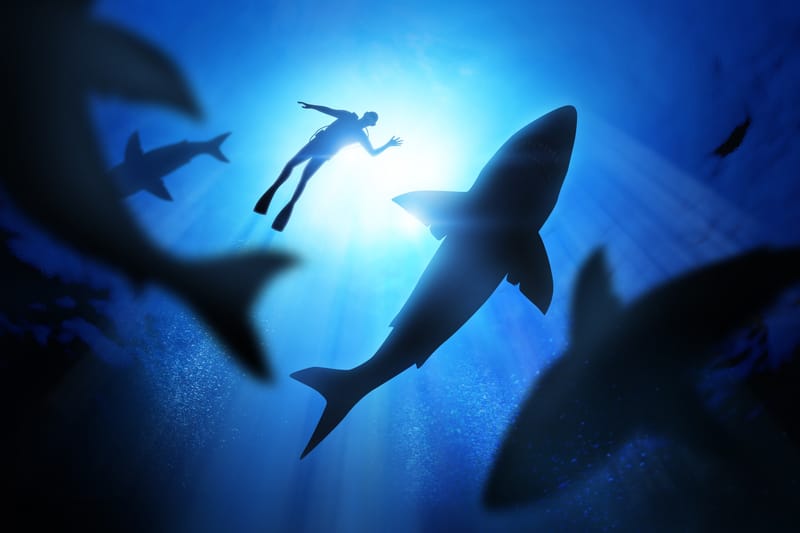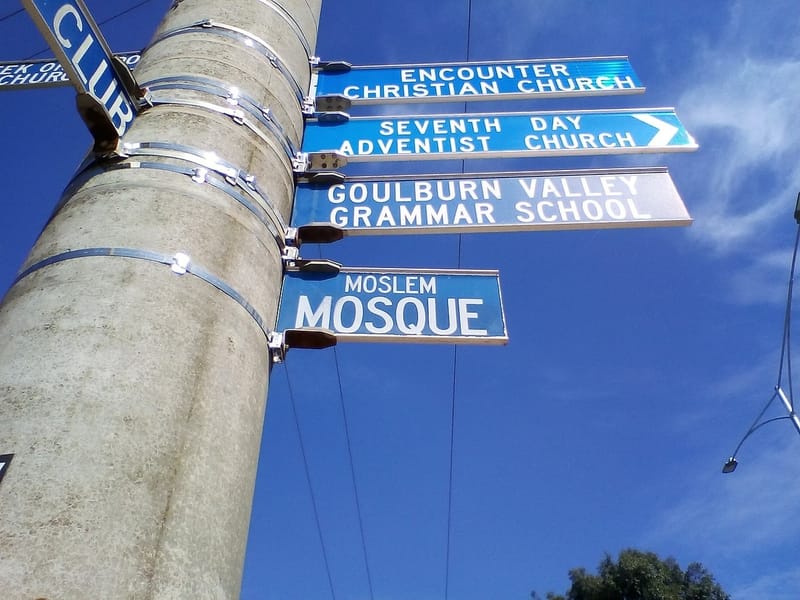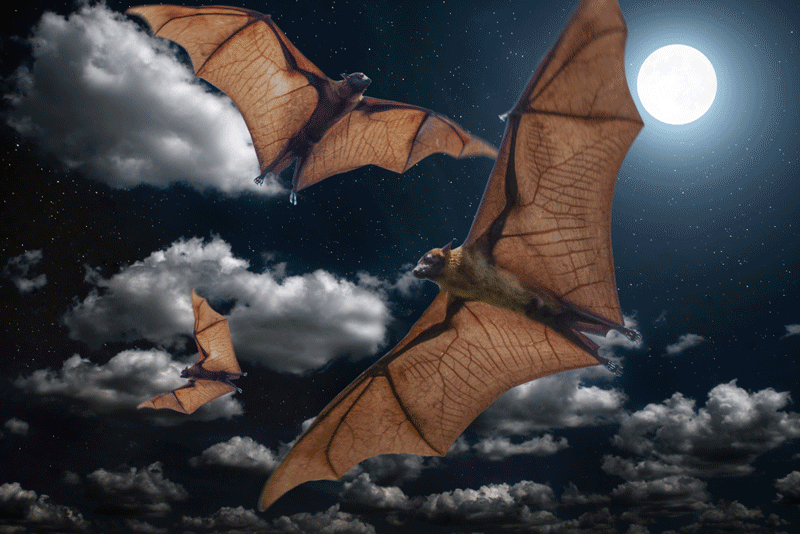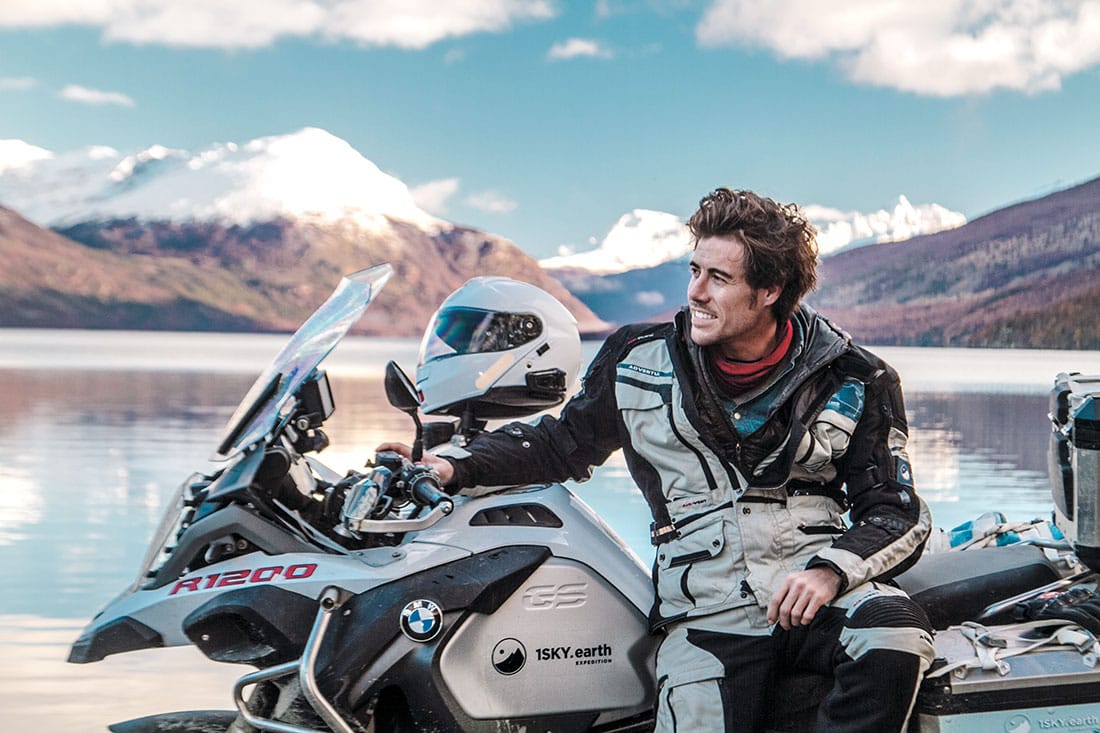
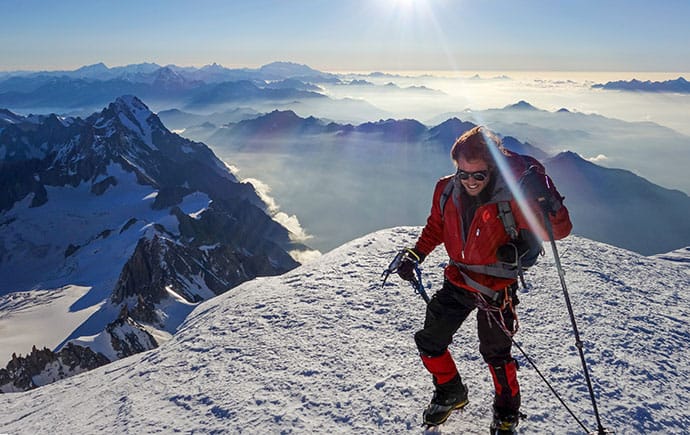
The idea crystallised for Liam Suckling one day in late 2008 as the then 21-year-old adventurer stood mesmerised atop Aconcagua, South America’s highest summit; he would climb the highest mountains in every continent on Earth.
Nine years and many towering peaks later, Suckling is attempting to finish that mission in a 160,000-kilometre, three-and-a-half-year overland circumnavigation of the world starting from Antarctica and ending in an ascent of Mount Everest.
160,000 kilometres, 7 continents, 3.5 years
On the way he will scale several dozen peaks across 90 or so countries and attempt the world’s longest motorbike trek. The 1SKY.earth expedition is his magnum opus, as he puts it, the culmination of 10 years of full-time adventuring and mountaineering, and the result of 18 months of research, planning and logistics.
Climbing Mount Vinson in Antarctica, almost five kilometres above sea level, proved unexpectedly confronting – despite years of experience of high altitudes. It was at once surreally beautiful and physically disconcerting.
The intense 24-hour light played havoc with his body’s circadian rhythm; sleeping proved problematic.
“I’d never been in an environment where so many things were pushed to the edge,” he says. “It was relentless in every way – the wind, the light, the dryness and the mind-blowing coldness.” It was minus 38 degrees with winds reaching 100kmh.
Suckling piloted the first aerial drone flight from the mountain, shooting amazing footage of previously unseen areas of Antarctica, a vast white ‘ocean’ with no flora or wildlife.
He says technology such as the drone, which keeps up with his motorbike as he weaves through mountainous terrain, hugely empowers modern-day adventurers, enabling them to explore further and to communicate the adventure to include others on the journey.
This technology includes live-streaming 360-degree cameras, a satellite connection publishing his location every 60 seconds, and a crevasse-detecting, ground-penetrating radar for safer glacier travel.
Suckling revelled in being the first person to scale Rogers Peak, climbing the 1.5-kilometre summit with his team of three. “For a mountaineer, climbing to a place that’s never been experienced before is one of the most special experiences you can have,” he says.
So many great personal lessons are learnt in the mountains like self-trust, patience and learning to surrender control.
He left Antarctica after a month, surprised at how energised he still felt, before waking up on his second morning in Ushuaia, on the southern tip of South America, almost unable to move for the pain in his muscles. “I was horizontal for about a week.” The adrenalin rush had subsided and he had dropped from 72 to 59 kilograms.
Then it was north, riding solo 13,600 kilometres through Patagonia, the Andes and the Atacama Desert to reach Nevado Sajama, Bolivia’s highest point (6542 metres). Suckling had already climbed the tallest mountains in Argentina and Chile on previous trips.
Nevado Sajama, with its volcanic surrounds, was a smooth climb, but he was struck by a bout of food poisoning after descending to La Paz. “Between vomiting I had to smile at the ever-powerful and humbling forces of nature – if the mountains don’t get you, the microbes will.”
Suckling counts himself as blessed that he has never so much as broken a bone on his travels. “I’m very calculated in my risk-taking,” he says. But dangers on the icy slopes are ever-present. In 2014, Suckling was evacuated by rescue helicopter from Mount Logan, Canada’s tallest mountain, with severe altitude sickness.
Travelling through poor or unstable countries can prove hazardous, too. He’s been accosted at gunpoint and has had a knife held to his throat. He grew up thinking of death as a positive part of the life cycle rather than something to be feared, which influences his outlook on danger and life.
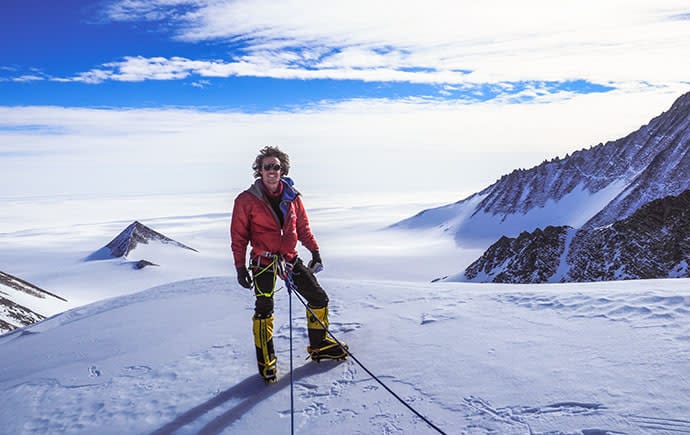
At last report, he was on a 12- hour ride across the Salar de Uyuni, southwest Bolivia – at 10,000 square kilometres, the world’s largest salt flat.
He credits his love of the open road to a trip with his father across the Simpson Desert when he was 10. His father took Suckling and his three brothers on camping trips, teaching them about being resourceful in nature. Both parents encouraged their sons to be independent and self-reliant.
The love of mountains evolved during Suckling’s teenage years, growing on trips during his undergraduate years at Monash. He studied behavioural neuroscience/ psychology, a field to which he’s contemplating returning.
“At 18, I couldn’t imagine a more worthwhile study than nature’s arguably most complex and wildly creative accomplishments,” he says.
“Admittedly, my time at Monash was spread between a controlled chaos of creative outlets. I shared my Bachelor of Neuroscience and Diploma of Languages with the simultaneous operation of three different startup businesses in software development, events, and a theatre production company, Diatomic Productions. I don’t recall getting a lot of sleep.”
Suckling was involved with Monash Theatre as a performer and director.
He and fellow alumnus and good friend Greg Eldridge hired the theatre and facilities at the University to produce their own works, which appeared in fringe festivals.
He established his events company, DJ Masters, during first year. What started as an outlet for – and chance to share – his love of music (Suckling still carries a small keyboard on his travels) grew into a business employing 12 people by the time he finished his studies. By 23, he employed a general manager so he could concentrate on travelling.
DJ Masters is funding the 1SKY.earth expedition, although Suckling says he’s open to sponsorship. He is also exploring connecting to a charity, perhaps a mental health cause.
Until this trip, Suckling had been driven purely by the need for adventure, an insatiable curiosity to explore and understand how the world works, and a love of the aesthetics of mountains. For him, adventuring is a journey of the mind and spirit as much as the body.
He finds a sense of peace and clarity in the extremes. Being close to nature keeps him grounded.
“So many great personal lessons are learnt in the mountains, like self-trust, patience and learning to surrender control.”
A newcomer to social media, he is for the first time posting a blog of his trip online, hoping to connect with people along the way, perhaps inspire or entertain them, inviting them to remember that we are all part of nature.
“Part of the motivation of starting this journey and sharing it with others are the possibilities for discovery of new perspectives and a sense of connection to something beyond us – we all live under the one sky,” he says.



